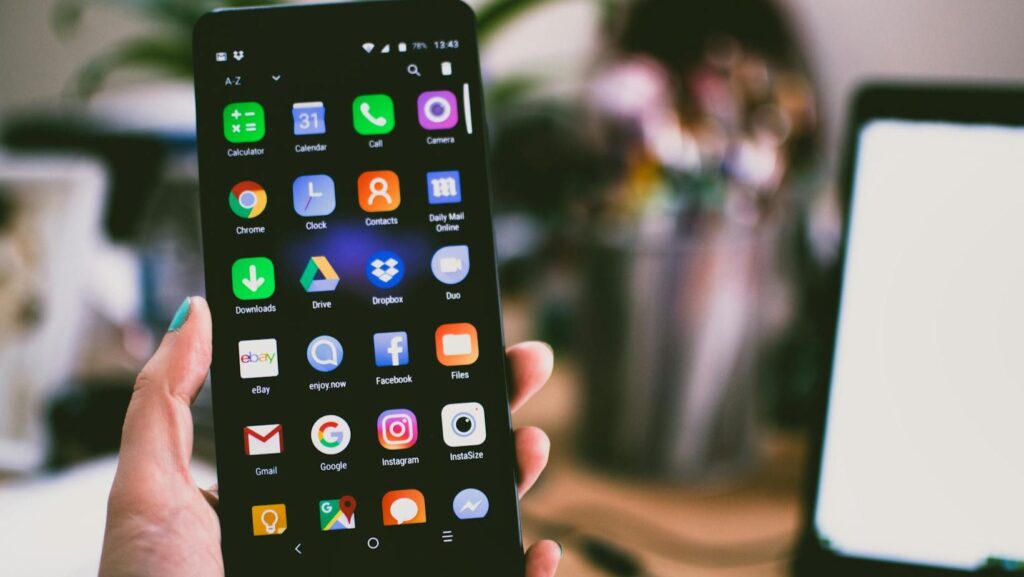In an era where convenience reigns supreme, mobile apps have reshaped how we interact with technology, offering seamless solutions tailored to everyday needs. From shopping and banking to entertainment and education, mobile applications have become central to daily routines, transcending mere convenience to drive engagement and connection. By transforming user experiences, they bridge the gap between businesses and consumers, creating new pathways for interaction. Take, for instance, a lottery app download—a tool that redefines traditional gaming, bringing instant accessibility and user-friendly interfaces directly to people’s fingertips.
Personalized User Experiences Across Sectors
Another essential feature of most mobile apps is their capability to provide users with content that is relevant to them and of interest to them. In e-commerce, apps like Amazon and Shopify use complicated algorithms to present items, monitor the buyer’s history, and share exclusive offers. This degree of personalization is not limited to consumer goods; nutrition and fitness applications recommend individual workouts and entertainment platforms such as Netflix propose programs that the viewer will most likely appreciate. Such personalization gives users the feeling that they are essential and increases their interest in the site, as they receive exactly what they are interested in.
The finance industry has also adopted mobile technology, enabling banking through applications focusing on user convenience and immediacy. Customers are no longer restricted by the banker’s hours of operation. They can make payments, request loans, or even buy stocks with the push of a few buttons. In the financial sector, mobile applications have improved customer convenience and financial literacy since customers have gained more access to resources and information. Such shifts have transformed transactions and the overall perspective of money management.
Mobility: Changing the Traditional Business Model
Mobile applications have also profoundly transformed how employees work and undertake their tasks within a team. Tools like Slack, Microsoft Teams, and Trello allow employees to work together in real time, thus eliminating distance as a hindrance or making remote work and communication possible. Such applications help track the work progress and communication and encourage openness, making it easier for teams to work even when they are far apart. The pandemic has only shifted the focus in this direction, proving that mobile solutions are crucial for keeping business going in constantly evolving environments.
The healthcare industry also shows how mobile apps can revolutionize the healthcare industry.

Patients can now have telehealth, whether in the form of a consultation, check-up on chronic diseases or even get prescription reminders through easy-to-use applications. This change has enhanced access to health care, especially for those living in rural areas or areas with limited health facilities. Mobile apps have advanced patient care and redefined the patient-clinician relationship, focusing on patient activation and engagement. It also helps healthcare professionals who need apps that improve data exchange and administrative procedures and give them quick access to critical patient information to help create a more efficient healthcare system.
The Future of Mobile-Driven Innovation
As we move forward, mobile apps’ role in respective industries continues to grow at an alarming rate. New technologies like augmented reality (AR), artificial intelligence (AI), and the Internet of Things (IoT) are redesigning the functionalities of apps that are providing unprecedented levels of interactivity and intelligence. For instance, AR shopping applications help users see the products they buy within their houses. In contrast, AI applications allow users to predict what they want based on analysis. Also, smart home systems can only be complete with mobile apps since they enable users to manage appliances, lighting, and security from their mobile devices.
Therefore, companies that adopt these technologies will continue to experience high levels of user interaction and loyalty. However, they must protect the users’ privacy and data security related to their business. Since most mobile apps gather vast user data to facilitate personalization, credential security measures must be implemented. Those businesses that strike the proper balance between the two key factors of innovation and privacy should stand out and distinguish themselves from others through positive customer experiences and trust.
Smartphone or mobile applications are technological innovations and tools for transformation in every organization they reach. These applications have eased our work, shopping, communication, and health by giving us convenience, more accessible access, and customization. There is still a lot of room for improvement, and as the platforms grow, the possibilities of what can be achieved with them seem endless; as mobile technology progresses, it will continue to revolutionize what is possible.

Lastly, mobile apps are not only redesigning experiences; they are redefining interactions in various industries. Their emphasis on personalized approaches, immediate availability, and innovative tools will continue to place them at the vanguard of digital transition. Because of this, mobile apps are set to remain a key driver of interactions and experiences as industries continue to explore this force.


